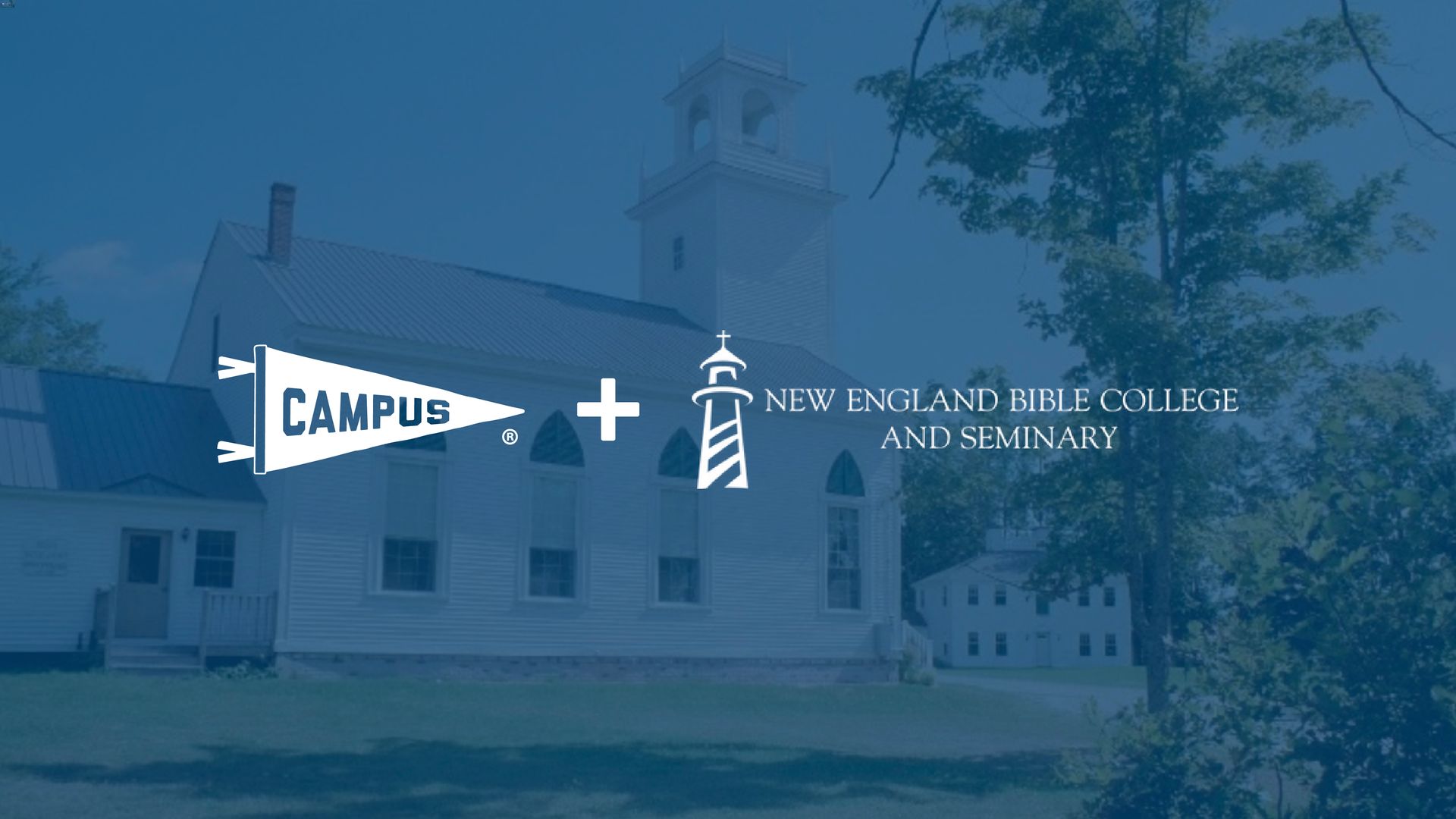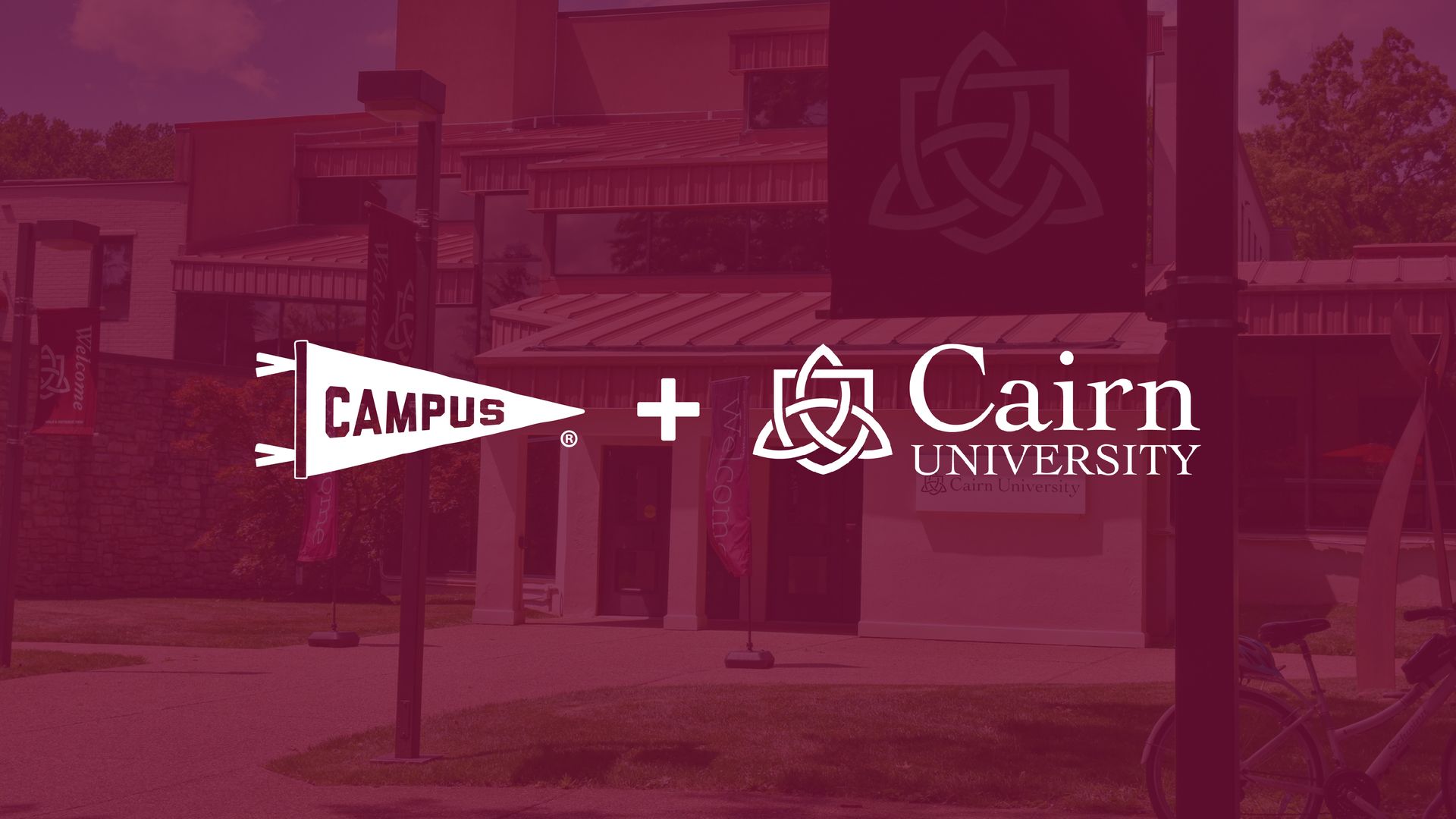Dreaming Philosophy, Campus Style
Ken Schenck
May 17, 2022

Dreaming Philosophy, Campus Style
In 1997, I snuck into teaching at Indiana Wesleyan University on a one-year contract teaching philosophy. Duane Thompson had retired, the previous philosophy teacher. I frankly sensed that the Department of Religion was unsure whether philosophy was an essential piece of a Christian curriculum in the first place. I enjoyed a couple of years as the primary philosophy professor at IWU before I slid into my actual area of specialty, New Testament.
I love philosophy. Don’t tell anyone, but I often enjoyed teaching it more than Bible courses. If there were an inexpensive, quality, online, work at your own pace MA in philosophy, I would be very tempted to do it even today.
Such an animal is unlikely. Philosophy departments are some of the first ones to be closed in the cost-cutting environment in which we currently live. I know one college that effectively downsized three philosophy professors last year. As part of the liberal arts, philosophy professors are probably not the first to jump at the idea of teaching online. Master’s degrees are generally not inexpensive, and the idea of doing coursework at your own pace is not highly welcomed in the traditional academy.
How might Campus Edu make such an unlikely suggestion possible?
First, the Campus Learn platform makes it possible to share the load of a curriculum. Let’s say that an MA in philosophy involved 10 courses and a 6-hour thesis. Four or five universities could brunt a load like this by facilitating 2 courses a year each.
Cost could be mitigated by making these courses self-paced with a reference professor. The main overhead would be upfront in the creation of the courses. A “gold” course with Campus currently costs $10,000 to create. That results in a course creation investment of about $20,000 for each partner school, an amount that might easily be raised from an interested donor.
In such a gold course, the key instructional material would be videoed and front-loaded into the course. The reference professor would be available for feedback and some limited interaction. Although nothing would prohibit greater interaction, the set-up implies reduced cost and thus a reduced price. Professors would be paid per student, making the degree scaleable.
Courses might run as all-year courses, meaning that a person could begin and end at any point within that one-year period. Students with extra time (or beginning with a good deal of prior knowledge) could move quickly through the curriculum. Others like me might take a slower road.
So here is your new MA in Philosophy, shared by 5 Christian universities:
- 36 credit hours
- 10 core courses and a 6-hour thesis
- 5 core courses in the history of philosophy
- Ancient Mediterranean philosophy
- Global philosophy
- Medieval European philosophy
- Modern European philosophy
- Contemporary philosophy
- Get out of this requirement by passing competency exams.
- Otherwise, choose from topical electives.
- Say $450 tuition per course, making it about $8000 a year for a two-year degree.
- Do the degree at your own pace
What do you think, CCCU? Do any schools want to get together so I can get this degree with you? Don’t underestimate how many geeks like me there are out there.
The Campus Blog











